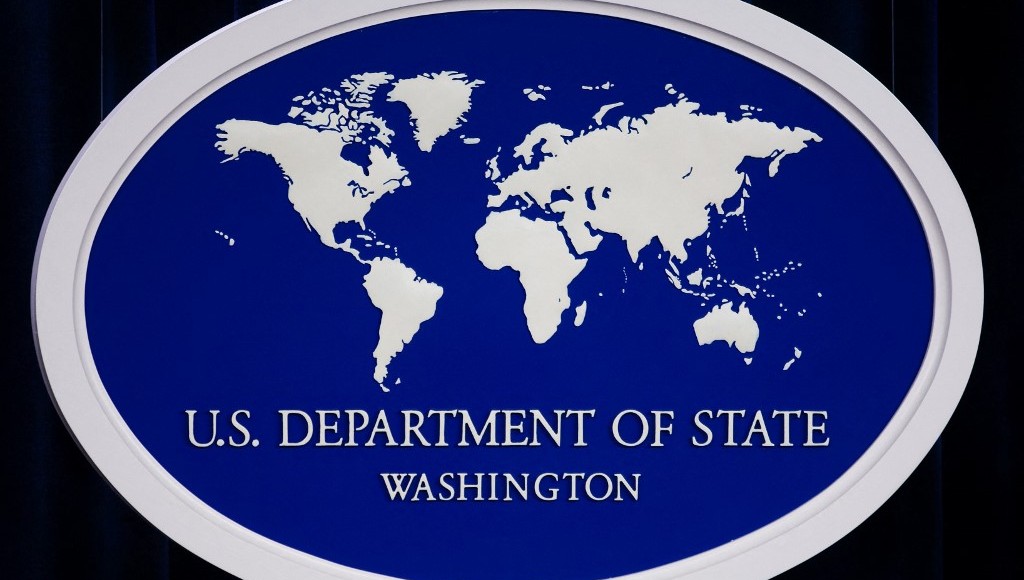US State Department Spokesperson Matthew Miller has said some members of the US Congress object to the sale of F-16 fighter jets to Turkey due to its actions but that the government is working “diligently” through the obstacles.
Miller, who was asked to provide an update on the sale of F-16s to Turkey during a press briefing at the State Department on Wednesday, declined to comment on when the government will be prepared to move forward with the sale.
“We have had obstacles in Congress because of the actions that Türkiye has taken that we have had to navigate and work through. We have been trying to work through those as diligently as possible,” Miller said.
Last month, President Recep Tayyip Erdoğan made Turkey’s ratification of Sweden’s stalled NATO membership application conditional on the US Congress “simultaneously” approving Ankara’s request for F-16 fighter jets although the US administration says they are two separate issues.
Turkey last summer lifted its months-long objection to Sweden’s NATO membership bid, with a parliamentary committee in late December approving it. It must now be passed by the full 600-seat parliament, where Erdoğan’s ruling alliance has a majority. The president would then need to sign it into law.
Miller said the US administration looks forward to the final vote in the Turkish parliament on Sweden’s NATO bid and that like Erdoğan, some members of congress link the F-16 sale to Turkey with the approval of Sweden’s NATO accession bid.
“We have made clear that we do not believe the sale of F-16 modernization kits to Türkiye should be linked with NATO’s – with Sweden’s NATO accession, but there are members of Congress who have a different opinion and they have linked the two,” he said, adding that “the best thing that could happen to lead to progress on both of – on this issue” would be for Turkey to take action as soon as possible to ratify Sweden’s NATO accession.
US President Joe Biden’s administration has repeatedly promised to move forward with the $20 billion F-16 sale to Turkey.
But its approval has met resistance from congressional leaders who voice concern about Turkey’s human rights record and past standoffs with fellow NATO member Greece.
Turkey’s aging air force has suffered from Ankara’s expulsion from the US-led F-35 Joint Strike Fighter program in 2019 in retaliation for Erdoğan’s decision to acquire an advanced Russian missile defense system that NATO viewed as an operational security threat.
The Nordic country, together with its neighbor Finland, abandoned decades of military non-alignment and sought to join NATO after Russia’s invasion of Ukraine in February 2022.
Turkey and Hungary were the only NATO members to oppose their applications. Turkey eventually relented on Finland but continued to accuse Sweden of failing to crack down on exiled Kurdish groups that Ankara views as “terrorists.”

